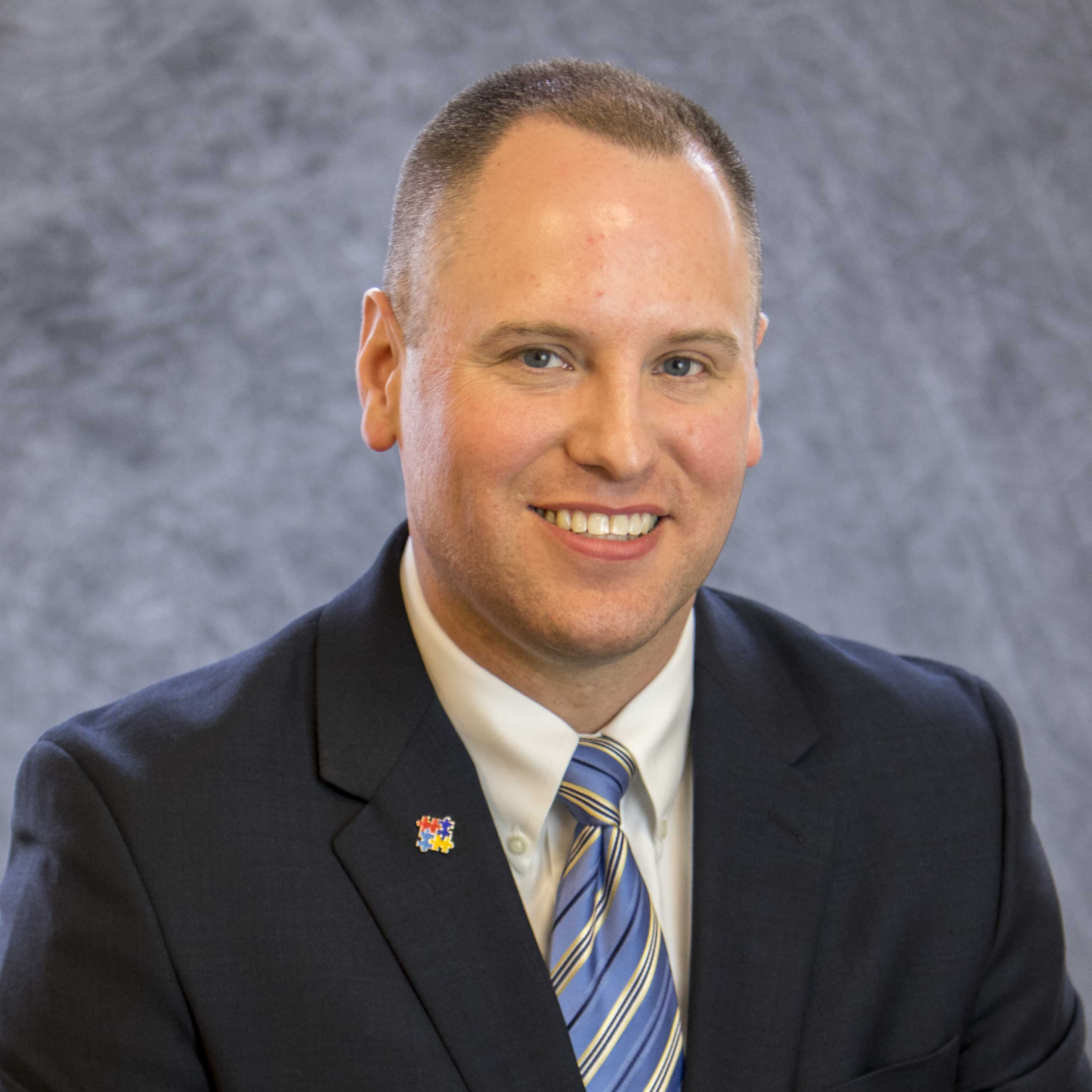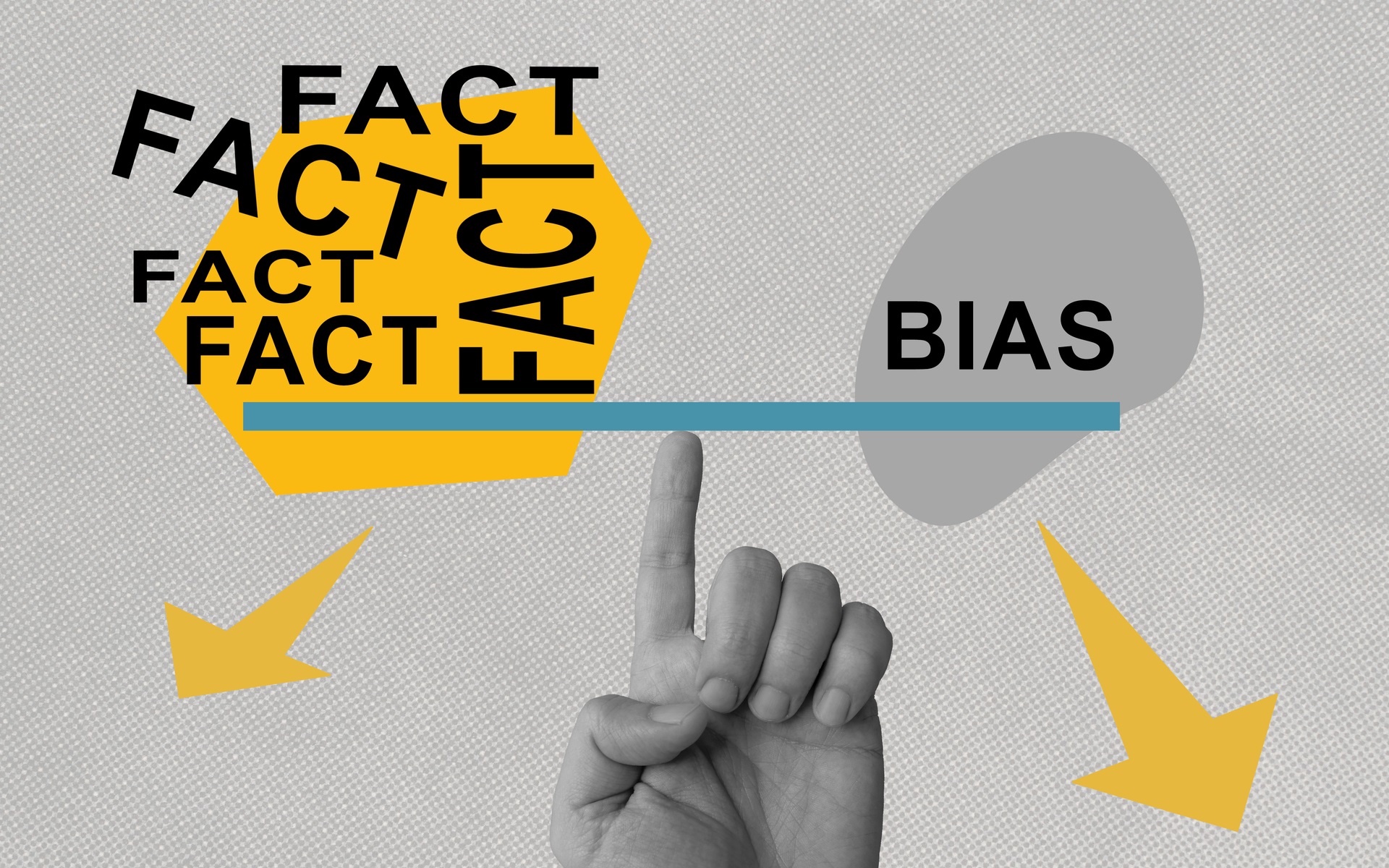The city of Spokane should follow the will of its citizens and conduct open and transparent collective bargaining talks with city unions. That’s the message sent Monday afternoon by a group of Spokane business leaders, current and former elected leaders and transparency activists.
The “letter from the community on collective bargaining transparency” was signed by more than a dozen leaders, including Washington Policy Center president Dann Mead Smith, Cowles Company president W. Stacey Cowles, former state Senator and current Spokane Co. Treasurer Hon. Michael Baumgartner, the Washington Coalition for Open Government, the Spokane Home Builders Association, the Associated Builders and Contractors and many more.
READ: Letter from WPC and the community on Collective Bargaining Transparency
An overwhelming number of Spokane voters passed Proposition 1 – a city charger change requiring collective bargaining talks be open – in the fall of 2019. The support for the charter change was 77% and approved in every precinct of the city.
Its concept was simple - collective bargaining talks with city unions over taxpayer resources should be open and transparent.
For many years, these negotiations with city unions were conducted in secret, behind closed doors. The city council simply got an up or down vote. Citizens were not informed until the deal was done – even though they are the ones paying the bill.
Article IV, Section 40 of the City Charter now requires:
- As of December 1, 2019, the City of Spokane will conduct all collective bargaining contract negotiations in a manner that is transparent and open to public observation both in person and through video streaming or playback. This section does not require the city to permit public comment opportunities during negotiations.
- The City of Spokane shall provide public notice of all collective bargaining negotiations in accordance with the Open Public Meetings Act (RCW 42.30.060-42.30.080.)
- The City of Spokane shall publish and maintain all notes, documentation, and collective bargaining proposals on the city's official website within two business days of their transmission between the negotiating parties.
- The City of Spokane shall publish all final collective bargaining agreements on the city's official website for the life of the agreement.
- Any elected official or an elected official's agent who is determined by the City Ethics Commission to have participated in any collective bargaining negotiation in violation of this charter amendment shall be referred to the City or County Prosecutors office for appropriate action.
- Open to public observation does not include meetings related to any activity conducted pursuant to the enforcement of a collective bargaining agreement (CBA) after the CBA is negotiated and executed, including but not limited to grievance proceedings.
Fortunately, Spokane citizens believe that collective bargaining transparency is common and routine. After all, it is the norm in nearly half of the states.
Unfortunately, Spokane-area unions are balking at the requirement and doing so with threatening language. In December, the Washington State Council of County and City Employees union director Chris Dugovich sent a letter to the city saying they “won’t allow it” and threatening a “bar room brawl just may break out in the streets.”
This is always unacceptable language, but it is especially concerning in the wake of the protestor attack and riot at the U.S. Capitol on January 6th.
Since government union contracts account for such a large portion of spending, they should not be negotiated in secret. Government employees should be able to see firsthand what offers and counteroffers are being made by union executives in their name. A policy of open public meetings identifies whether one side or the other is being deceptive or unreasonable and would quickly reveal who, if anyone, is acting in bad faith.
Explaining why the Pullman School District embraces collective bargaining transparency, the district’s finance manager Diane Hodge said, “We just think it’s fair for all of the members to know what’s being offered on both sides.”
In addition, the public provides the money for these agreements. Taxpayers should be allowed to follow the process and hold government officials accountable for the decisions they make on our behalf. Local media should be allowed to cover the process and inform the public so that citizens can be aware if either side is acting in bad faith.
Washington state has one of the strongest open government laws in the country. The state’s Open Public Meetings Act (OPMA) says:
“The people of this state do not yield their sovereignty to the agencies which serve them. The people, in delegating authority, do not give their public servants the right to decide what is good for the people to know and what is not good for them to know. The people insist on remaining informed so that they may retain control over the instruments they have created.”
Monday's letter to Spokane city leaders from this group of business leaders, current and former elected officials and transparency advocates concludes with an important reminder: “failure to comply with the city charter, in violation of your oath, could open the city up to further legal action.”






